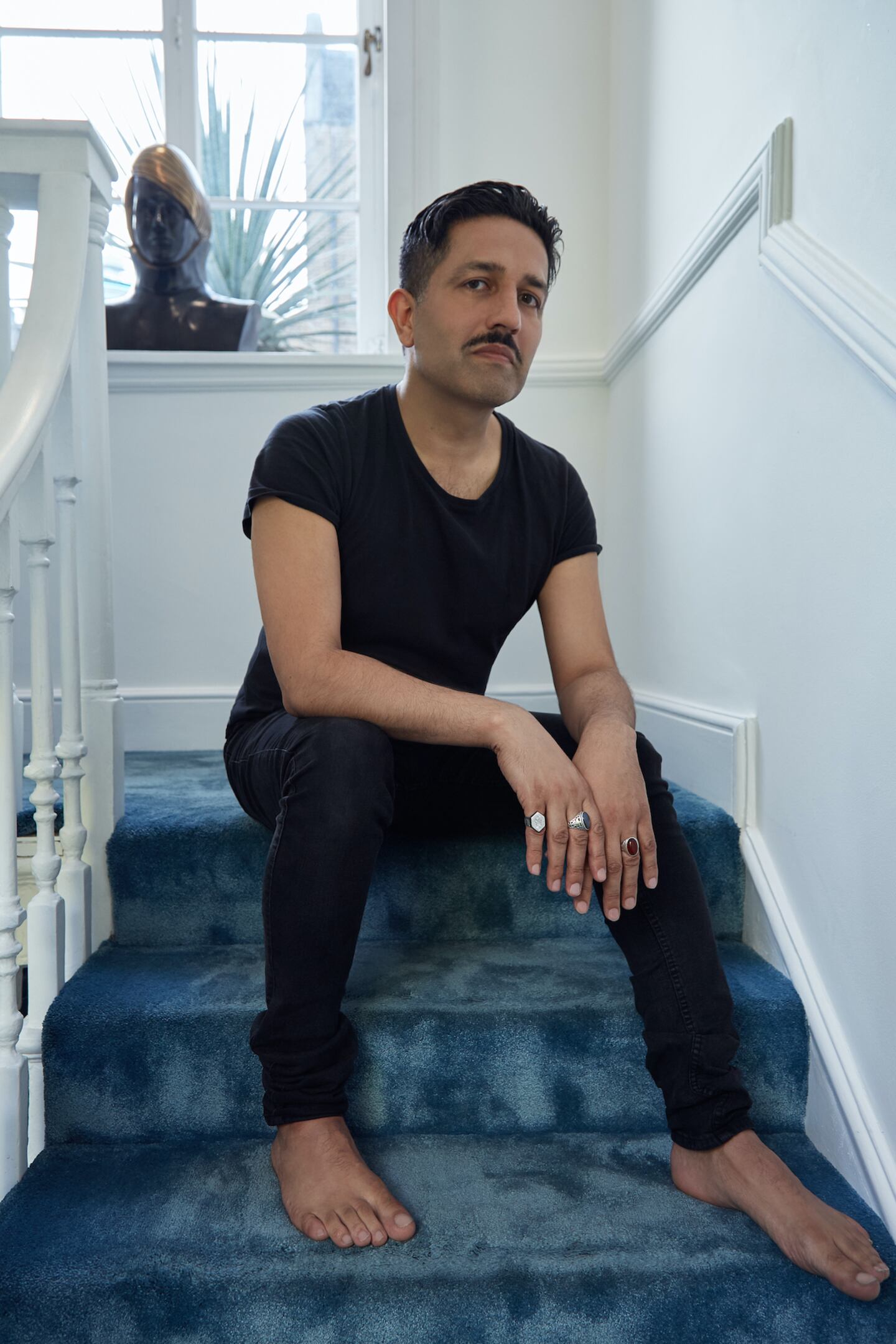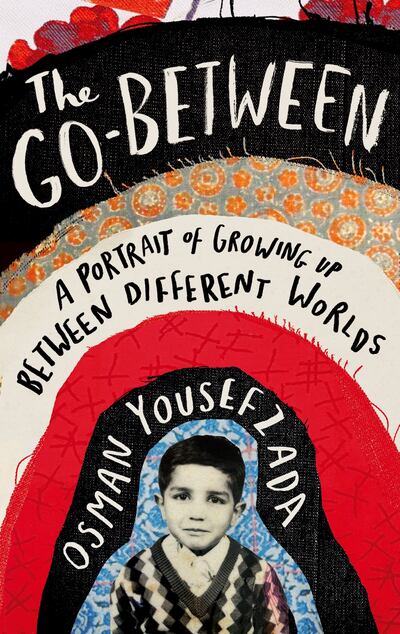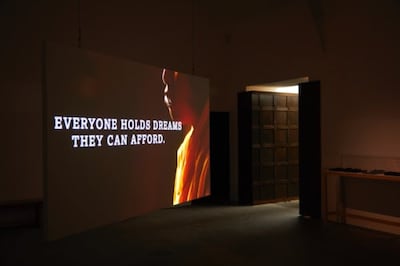
The Business of Fashion
Agenda-setting intelligence, analysis and advice for the global fashion community.

Agenda-setting intelligence, analysis and advice for the global fashion community.

Even though he’s a designer, Osman Yousefzada doesn’t like the word fashion anymore. “I call it garment making,” he explained on a Zoom call from his north London home.
For Yousefzada, who has dressed Beyoncé and sold to Barneys, the word fashion has become synonymous with who’s cool and what’s next. These days, he’s more interested in looking below the glossy surface of the industry and exploring the hidden stories of its under-appreciated workers, like South Asia’s garment labourers.
“What fashion does is it really takes away artisanal sovereignty from people,” he said. “If you look at the catwalks, a lot of the embroidery is done in South Asia — India, Sri Lanka, Bangladesh. They don’t necessarily get any recognition. But if it’s someone in a lab coat in an atelier in Paris, [they’re] at the forefront and part of an elevated conversation.”
In recent years, Yousefzada has focused his creative output more squarely on concepts of migration and identity, turning to artwork. He’s highly conscious of how non-Western cultures can be obliterated from the fashion narrative. And that’s, in part, why, when he penned his first book, The Go-Between, released Jan. 27, he turned inward to highlight his own South Asian heritage.
ADVERTISEMENT
The story of Yousefzada’s upbringing is an anomaly amid an industry in which privilege and the right connections often help to kick-start careers. Born to Afghan-Pakistani migrant parents, he grew up in an ultra-conservative, working-class, Muslim household in inner-city Birmingham. His new book gives a glimpse into the hidden world concealed in the city’s red-light district that he experienced as a child during the 80s and 90s: a deeply religious community where cultural traditions prevail and self-expression is largely forbidden.
“This book has allowed me to say exactly who I am and where I come from. There’s no apologies basically, it’s really honest,” Yousefzada said. “It’s not about fashion. It’s nothing to do with fashion. The book is really about shining a light into a hidden community.”

Through a series of vignette-style stories, a young Osman recalls how his sisters are taken out of school when they hit puberty; how the largely illiterate community relied on a scribe to read letters; how their notions of masculinity are one-dimensional.
“It’s a kid taking it all in, wide-eyed,” he said. “There’s a bit of domestic violence there, there’s someone buying me jelly over there — kids just do that, they just try and muddle through. In a way, it’s a camcorder of growing up and finding my safe spaces.”
Yousefzada learned to make clothes from observing his seamstress mother at work. In his late teens, he left for London, going on to study at SOAS, Central Saint Martins and Cambridge universities before embarking on a career in the fashion industry.
He launched his namesake label, Osman, in 2007. And in the decade that followed, celebrities like Beyoncé, Lady Gaga and Taylor Swift wore his designs, while top-tier retailers such as Browns, Galeries Lafayette and Barneys stocked his clothes.
“Codeswitching,” as he calls it, between worlds — from his working-class, religious home in Birmingham to the glamour of London’s fashion industry and back — became second nature to the designer, who wrestled with his identity, feeling the pressure to, at times, suppress his South Asian heritage in order to fit in. When first entering the fashion system in the early aughts, “otherness” was positioned as a barrier to commercial success, he said.
“I had to conform; I was told, ‘Forget about your ethnic side; you’re a great tailor, Osman, just focus on your tailoring,’” Yousefzada said.
ADVERTISEMENT
<b>I was told, ‘Forget about your ethnic side; you’re a great tailor, Osman, just focus on your tailoring.</b>
Building a fledgling fashion label was gruelling. After a decade in business, Yousefzada tried to take his label to the next level by securing an external investment, selling a majority stake to help scale his operation. But his partner, Luxcite, a consortium of private investors, wasn’t a good fit, he said. Meanwhile, wholesale — Yousefzada’s primary distribution channel — was entering a steep decline, putting pressure on a whole generation of London-based designers.
“The wholesale cycle has not been very forgiving, the system is just kind of broken,” he said. “Very few of the designers that I started off with — there’s not that many [around now].”
In 2019, he parted ways with his investor and has scaled down his business, producing smaller collections just twice a year. (He still works with a handful of retailers, including Selfridges and Harvey Nichols, and last year, struck up a partnership with Tencel, creating a biodegradable luxury collection.)
This has given him more time to focus on his artwork. In 2018, he had staged his debut solo exhibition at Birmingham’s Ikon Gallery, which explored tensions between sustainability and fast fashion, alongside themes of cultural displacement and immigration, with Selfridges and Eco-Age among the exhibit sponsors.
“The show that we had was both a mix of political points that he wanted to make, but also very personal observations, particularly about his family. And in that respect, it chimes in very well with the book,” said Ikon Gallery director Jonathan Watkins. “There are big issues that are pinned down by very personal experiences, and that makes it more poignant. It makes you feel that this is not some sort of abstract theorising.”

The following year, Yousefzada travelled to Bangladesh to create a film about garment workers, titled “Her Dreams Are Bigger,” which was screened at London’s Whitechapel Gallery in the spring of 2020, a year when Covid-19 and the Black Lives Matter movement unleashed a reckoning over the industry’s record on race, worker’s rights and the environment. Last year he also exhibited works at the Lahore Biennale in Pakistan, the Mendes Wood in Brussels and the Dhaka Art Summit in Dhaka, and is preparing for a forthcoming exhibition at the Museum of Contemporary Art in Sydney.
For Yousefzada, fashion needs to change, starting with a business model rooted in overproduction and planned obsolescence. “Everything has to have a sense of meaning. It doesn’t need to have a sense of seasonality to it, it needs to be about: these clothes actually mean something, there’s staying power in them,” he said. “It’s not a case of bowing out [of the industry]. It’s a case of: actually, the system is wrong. It doesn’t need to have that much output.”
His advice to would-be changemakers? “The strength is actually in your own belief and in your own story, at the end of the day,” he said. There’s also power in numbers. “The person next to you is not necessarily your rival. If you open up the door, your practice becomes enriched, your collaborative practice becomes stronger. And I think that’s what creates change.”
Editor’s Note: This article was revised on 1 Feb., 2022. A previous version of this article misstated that Osman Yousefzada does made-to-order creations for private clients. This is incorrect. He no longer works with private clients.
Osman Yousefzada journeys to post-colonial Bangladesh to meet the workers who make our clothes.
The multi-disciplinary exhibit at Birmingham's Ikon Gallery consists of original commissions, exploring sociopolitical tension points in the contemporary fashion landscape.
The London-based brand's founder, Osman Yousefzada, said the capital will be used to deepen wholesale partnerships and ramp up direct-to-consumer sales.
The Los Angeles-based accessories label has been a well-kept secret in the industry, but founders Yang Pei and Stephanie Li are hoping to change that through new acquisitions, opening brick-and-mortar stores and using AI to speed up the design and production process.
Designer Carly Mark sparked conversation about what it takes to make it as an emerging designer in New York when she announced she was shutting her ready-to-wear line and moving to London. On Thursday she held her last sample sale.
To stabilise their businesses brands are honing in on what their particular consumer wants to buy, introducing new categories and starting conversations.
That’s the promise of Zellerfeld, a 3D-printing partner to Louis Vuitton and Moncler that’s becoming a platform for emerging designers to easily make and sell footwear of their own.